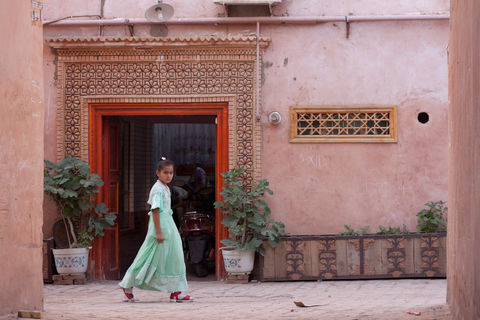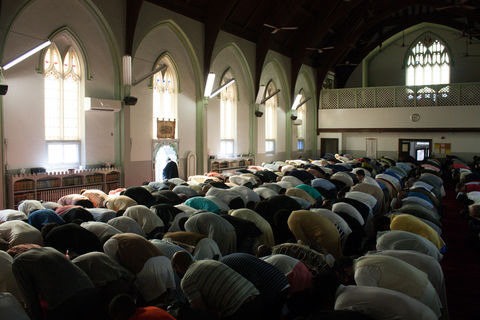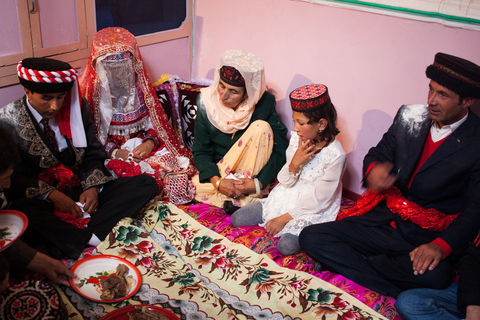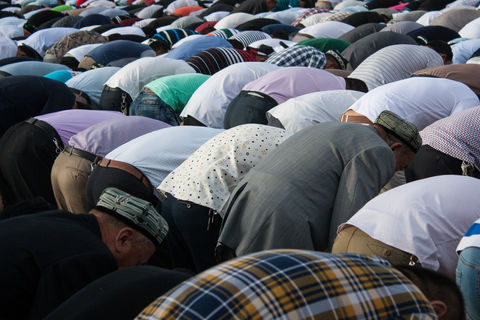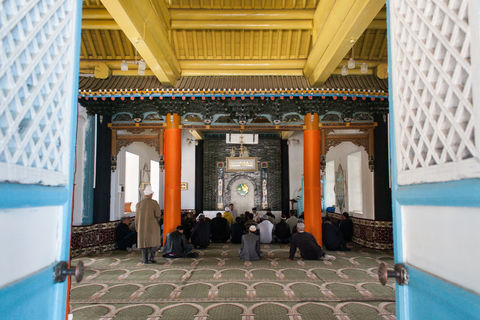Marshrutkas of Central Asia and Ukraine
I entered Kyrgyzstan from China over the Irkeshtam pass. Upon arrival, one of the first new words encountered is the word Marshrutka, a type of mini bus that stops on demand, popular in post-Soviet states. Three months of travelling later, I would continue to see them in Ukraine.
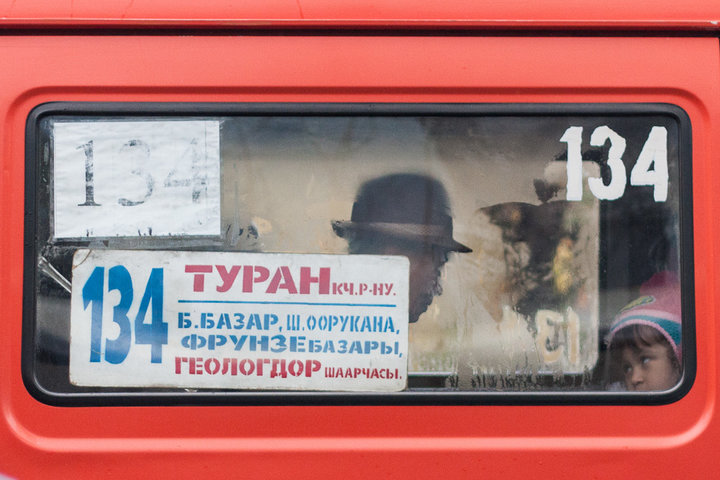
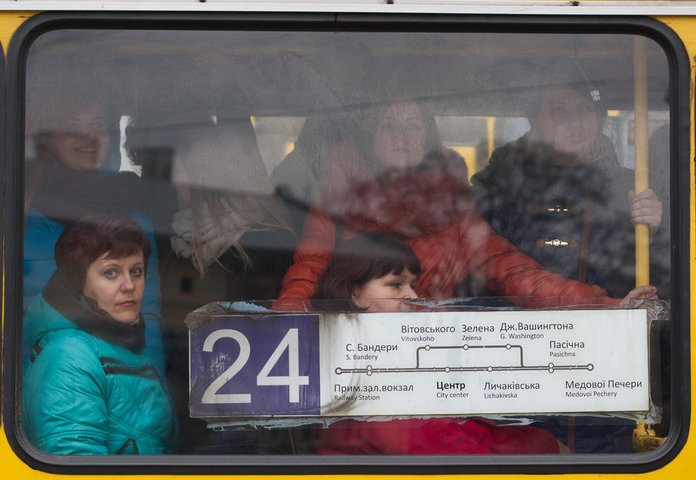
For a foreigner who can't speak Russian, marshrutkas are intimidating at first. Aside from the locations like базар, аэропорт, метро, I can’t make sense of any of the stops listed. Sometimes I will jump on one not knowing if it takes me to where I want to go. If it turns the wrong way I will get off and find the next one that goes in my direction. However, there is always a feeling of liberation when taking these Marshrutkas. There are no tickets to be purchased before, no fine if you forget to tap your transit card and no schedule so you never have to plan your life around bus schedules. In Toronto, Google would have alerted me automatically when the next streetcar is coming forcing me to hurry up.
For the locals, they must have a love and hate relationship with these buses. The vehicles are so prevalent in people’s lives that they must develop of some sort of attachment. The yellow Bogdans, seen everywhere in Ukraine must often appear in Ukrainians children's drawing or in people's dreams. In Kyrgyzstan, young pupils ride unaccompanied, I wonder if they would miss these Marshrutkas once they are replaced by conventional buses. People will always recall the Marshrutka route number they once took every day. After having so many rides on Marshruts, I gained an emotional attachment to them and a reason to begin photographing them.
When my photos from Lviv circulated around Facebook, VK and the Ukrainian media I received a lot of comments regarding my photos. A majority of commenters expressed a general dissatisfaction in Marshrutkas and pity for the average Ukrainians. I agree the photo often depicts depressed emotion and to a certain extent Ukrainians did appear sadder than residences of Central Asia. However my reason behind taking these photos wasn't to showcase a sad reality of Ukraine.
UPDATE: I would like to share an email I received from a Kazakh who wrote about his experience with marshrutkas in his past.
"When I lived in Karaganda in late 90s and early 2000s, these were all over the town, transporting passengers... There are several personal stories connected to my hometown experience with marshrutkas, but my most favorite story is about the very well decorated marshrutka no.011, owned by a driver who had a loudspeaker and worked with his friend who was in turn responsible to collect fares from passengers and keeping order inside. In rush hours, when there were too many people wanting to get on this marshrutka, as they approached bus stops they used the loudspeaker to invite passengers they individually picked. It was a lot of fun both for the driver and people outside as this driver always threw some unexpected humorous comments; and it cheered people up. Needless to say, they invited women and children to ride first and when they were in good mood they complemented young women on how they looked that day. To me, this is one of the examples how even in difficult situations certain individuals find this inner capacity inside to turn any activity - no matter how boring this work may seem - into a meaningful and creative experience. Human ingenuity!
Thank you for bringing those memories back"

